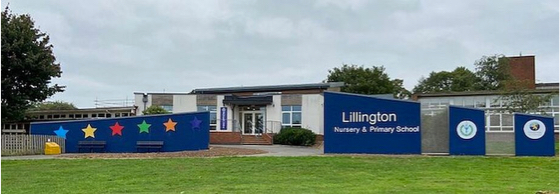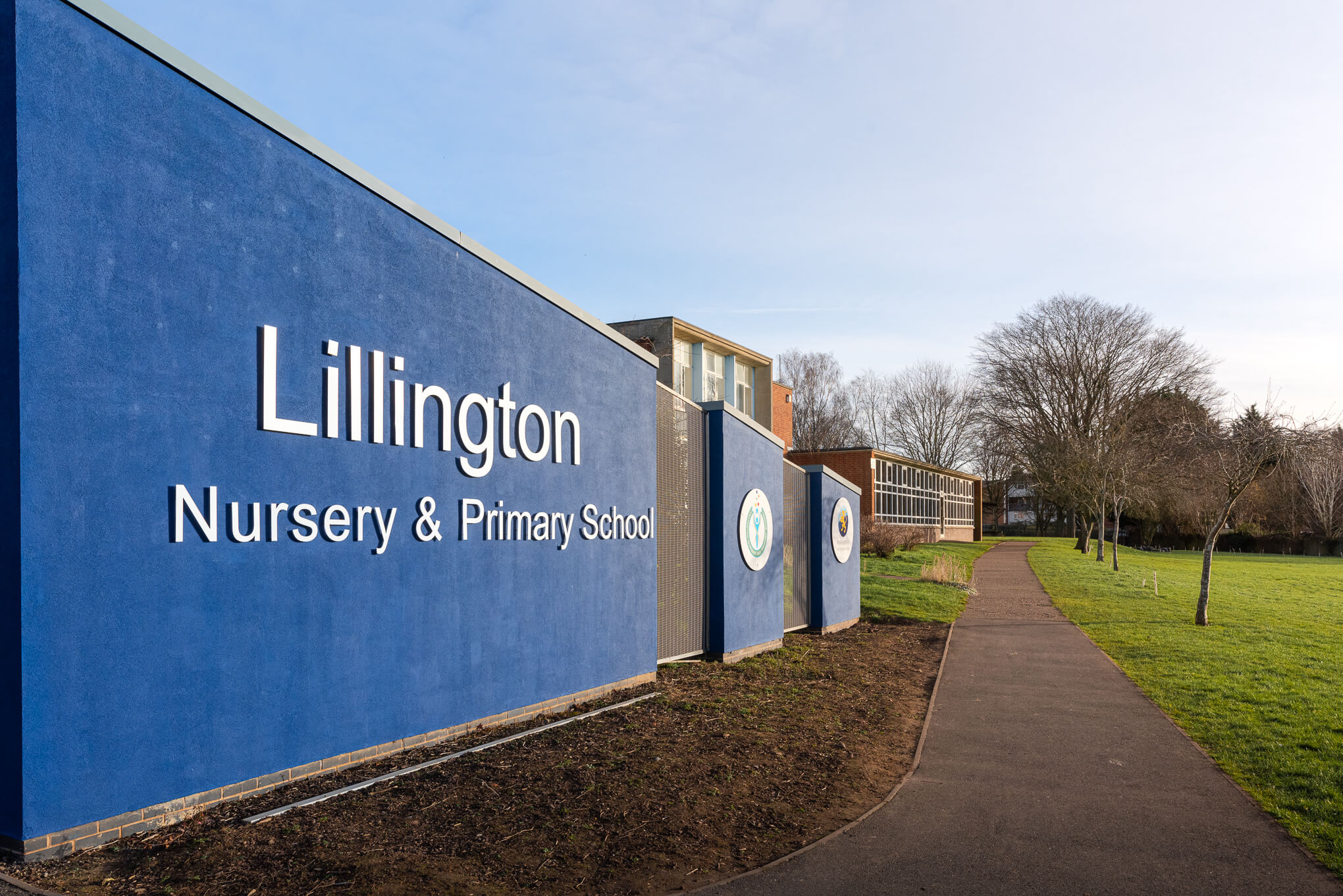Pupil Premium
Pupil Premium is funding provided to schools which is additional to main school funding. It is allocated according to the number of pupils on roll who currently eligible for free school meals (FSM), or have received free school meals in the last 6 years (FSM6). A smaller amount is allocated according to the number of children of service families, and an allocation for each pupil who has been ‘Looked After’ (in care) for 6 months or more.
The number of children who are currently eligible for free school meals or have been in the previous 6 years is higher than the national average at 49%. The barriers to learning for our children can be poor attendance, a lack of breakfast before school, a lack of support for learning outside school, financial difficulties, instability and lack of routine outside of school or poor hygiene and diet.
These barriers can lead to gaps in learning, a poor attitude to school and learning, feeling socially isolated, low self esteem and ultimately underachievement both socially and academically.
Our Pupil Premium Strategy sets out the support we have put in place.
It is for schools to decide how the Pupil Premium is spent, since they are best placed to assess what additional provision should be made for the individual pupils within our school. The strategy costs out how much we intend to spend, the desired outcomes and the impact we will be measuring through improved academic outcomes.
The premium is to be spent in making sure that vulnerable children make good progress and are able to have the same chances as other children. We set this right at the heart of everything we do.
The documents below give more detail on how pupil premium funding is allocated at Lillington Nursery and Primary School.





